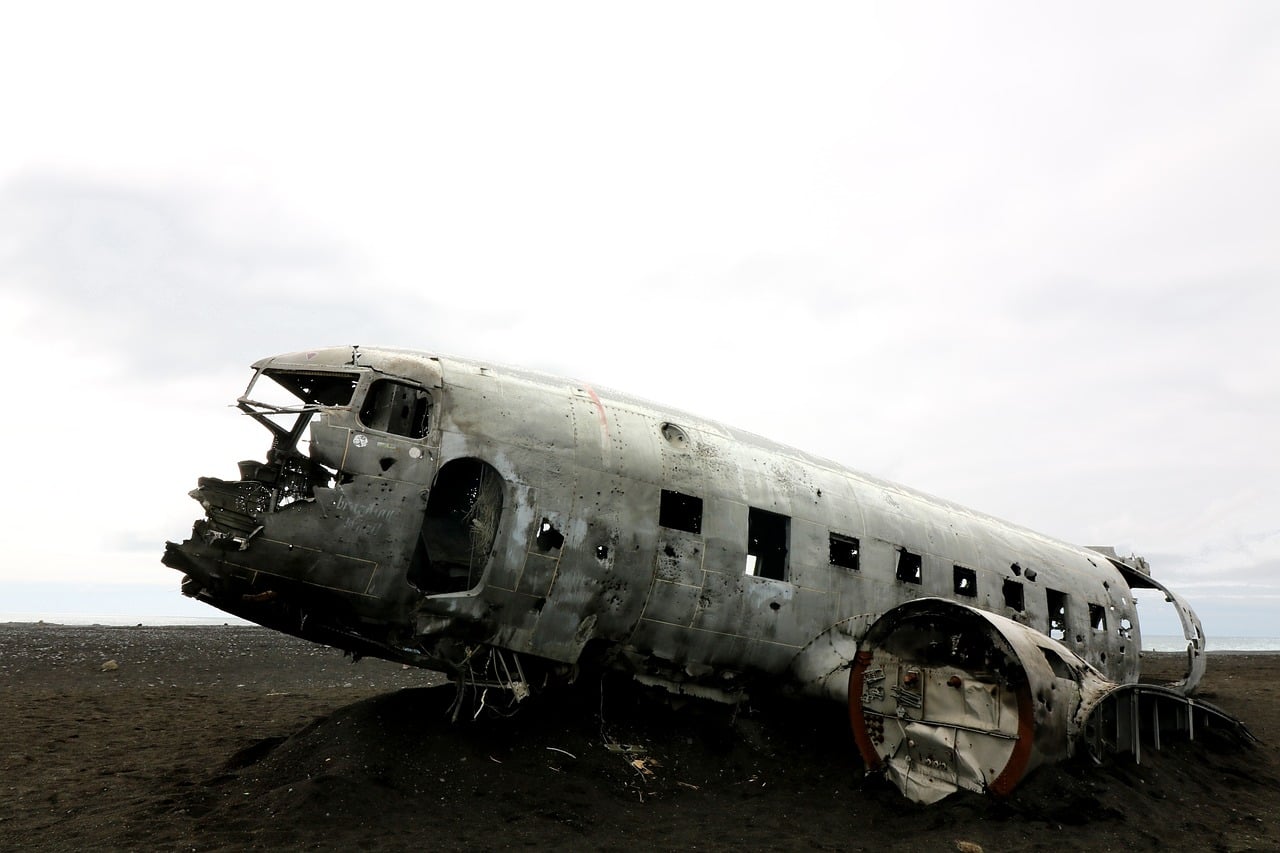Search For Amazon-Crash Black Boxes Should Be Unnecessary; Off-The-Shelf Devices Could Solve This And M370 Recovery Problems
WASHINGTON, D.C. (February 26, 2019) – Authorities are reportedly still searching for the black boxes which recorded vital flight data from the crash of an Amazon airplane, even though – unlike situations such as the Malaysia 370 airplane crash, the El Faro ship sinking, and many others – the accident site is known, relatively small, and even largely above water.
Q4 hedge fund letters, conference, scoops etc
But such often-unsuccessful and always-expensive searches should be unnecessary since the problem can be solved easily and inexpensively by using readily-available off-the-shelf devices already used in similar circumstances, suggests public interest law professor John Banzhaf.
Most ships and even private yachts are already required to have on board EPIRBs [Emergency Position Indicating Radio Beacons], a technology that has been in use for decades in marine environments.
When an accident occurs, these floatable EPIRB devices pop up to the surface and send out an emergency distress signal - which indicates the identity of the caller - to several search and rescue satellites always overhead worldwide.
If linked - as even small personal hand-held EPIRB devices now commonly are - to an internal GPS locator of the kind found in many cell phones, the devices will also provide their location with pinpoint accuracy, and in addition permit rescuers who subsequently arrive on the scene to hone in on its radio signal to locate it floating on the surface of the water, in the mud, in a large debris field, etc.
"If all of this technology can be packed into a small hand-held device weighing only ounces, which can transmit your identity and your location anywhere in the world for at least 24 hours, and is even waterproof and designed to float if necessary, there is no reason why a larger EPIRB designed especially for aircraft should not be able to do the same with a bigger battery sending a signal hundreds of times more powerful, and able to last for weeks if not months," declares Banzhaf.
Since EPIRBs designed for aircraft can be much larger than the tiny personalized hand-held EPIRBs used by hikers, there is no reason why they could not also contain tiny data recorders - sometimes called "black boxes" - or at least store duplicates in their flash-drive type [SSD] memory of all of the information from data recording circuitry located elsewhere in the aircraft now stored in the precious - but often difficult and expensive to recover - black boxes.
These devices would store and provide detailed information about everything that happened to the craft, and possibly even the last several hours of what was said in the cockpit, and make the recovery of the actual black boxes unnecessary, suggests Banzhaf.
It's too late for Malaysian Airlines 370 and the Amazon flight, but it's high time commercial aircraft began carrying such simple and readily available devices, suggests Banzhaf.
JOHN F. BANZHAF III, B.S.E.E., J.D., Sc.D.
Professor of Public Interest Law
George Washington University Law School,
FAMRI Dr. William Cahan Distinguished Professor,
Fellow, World Technology Network,
Founder, Action on Smoking and Health (ASH),
2000 H Street, NW, Wash, DC 20052, USA
(202) 994-7229 // (703) 527-8418
http://banzhaf.net/ jbanzhaf3ATgmail.com @profbanzhaf





